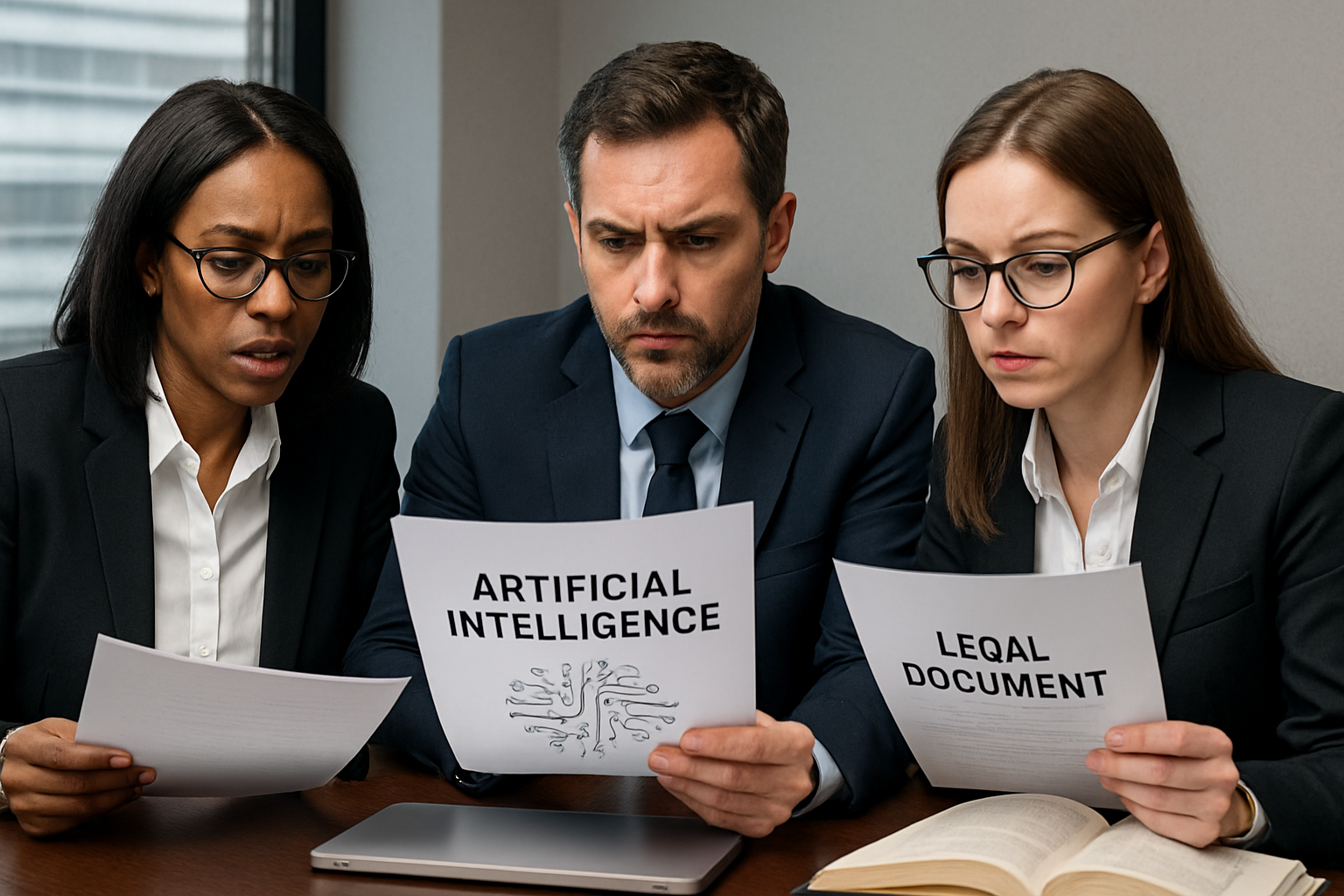Quick Take
- xAI files federal lawsuit against Apple-OpenAI partnership alleging anti-competitive collusion
- $1.8 trillion global AI market at stake with exclusive ChatGPT integration into iOS
- Apple’s App Store dominance blocks competitors from reaching billion+ iPhone users
- Legal battle could reshape AI competition regulations across tech industry
Elon Musk’s xAI has launched a federal lawsuit against Apple and OpenAI, claiming the tech giants worked together to create an illegal monopoly in the $1.8 trillion AI market expected by 2030. The company filed the 61-page complaint in Texas federal court on Monday, targeting what it calls Apple-OpenAI alliance gives ChatGPT exclusive anti-competitive collusion designed to stifle AI innovation.
The heart of the lawsuit focuses on Apple’s move to embed OpenAI’s ChatGPT directly into iPhone, iPad, and Mac operating systems through its Apple Intelligence framework. Musk contends this partnership creates unfair advantages that make it “impossible for any AI company besides OpenAI to reach #1 in the App Store.”
xAI’s complaint argues the Apple-OpenAI alliance provides ChatGPT with exclusive user data access that competitors can’t get. When combined with preferential App Store rankings that affect over one billion iPhone users worldwide, this creates what the lawsuit calls illegal market manipulation.
“In a desperate bid to protect its smartphone monopoly, Apple has joined forces with the company that most benefits from inhibiting competition and innovation in AI,” the lawsuit states, seeking billions in alleged damages.
The partnership launched in June 2024, integrating ChatGPT’s GPT-4o technology into Apple’s ecosystem to enhance Siri capabilities, Writing Tools, and Image Playground functions. Apple confirmed its iOS 26 update in September 2025 will upgrade Apple Intelligence to use ChatGPT-5, strengthening the alliance even further.
For Business Leaders
- This represents major AI power consolidation. The exclusive deal blocks fair competition for xAI’s Grok chatbot and other AI applications across Apple’s ecosystem.
- Industry experts say this shows how tech giants control market terms. They decide who gets access to billion-user platforms.
- Apple pushed back against xAI’s claims, saying its App Store is “designed to be fair and free of bias.” But antitrust experts note Apple’s dominant smartphone position could support claims about illegal tying of iPhone sales with OpenAI’s ChatGPT.
- OpenAI dismissed the lawsuit as “consistent with Mr. Musk’s ongoing pattern of harassment,” continuing their long dispute since Musk co-founded but later criticized the company for moving toward profit-driven goals.
The financial stakes are huge. Last week’s AI stock volatility included Nvidia’s Q2 revenue jump of 56% year-over-year to $46.7 billion, driven by hyperscaler demand for AI infrastructure. Microsoft’s announcement of in-house AI models to reduce OpenAI reliance shows even major partners are hedging their bets in this fast-changing landscape.
This legal fight goes beyond corporate rivalry—it’s a defining moment for AI competition regulations. The outcome could reshape how tech giants work together and compete, directly affecting business strategies across industries from healthcare to finance to manufacturing.
If Musk’s lawsuit succeeds in disrupting established partnerships, it might create a more level playing field that could boost innovation and diversify available AI technologies. However, xAI faces big risks challenging well-funded industry titans with potential counterclaims.
Business leaders need to factor these developments into strategic planning, considering how changing regulations and market dynamics might affect AI adoption strategies. The lawsuit’s outcome could influence not just AI availability and pricing but also innovation speed in artificial intelligence technologies powering modern business operations.
The case raises bigger questions about ensuring fair competition in emerging technologies as AI becomes essential to business operations across sectors. Regulatory clarity from high-profile cases like this could benefit the trend toward AI diversification already visible in Microsoft’s strategic moves.
As this legal drama plays out, the key question for industry watchers remains: Will regulatory intervention create more competitive AI markets, or will established partnerships continue to dominate? The answer will significantly impact how businesses navigate AI integration in an increasingly consolidated marketplace.






